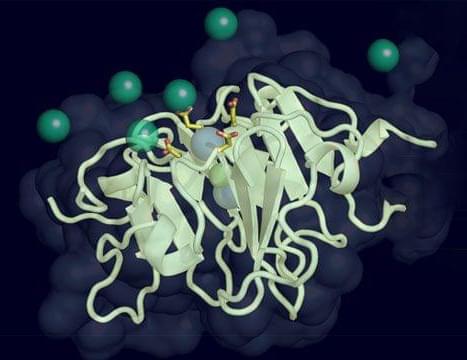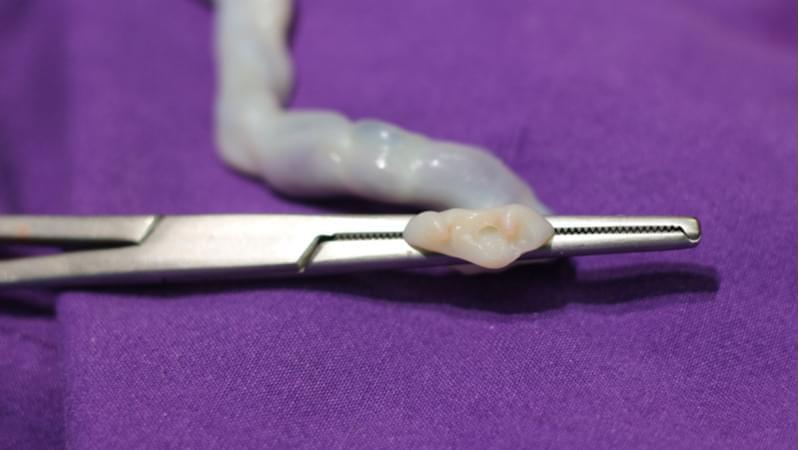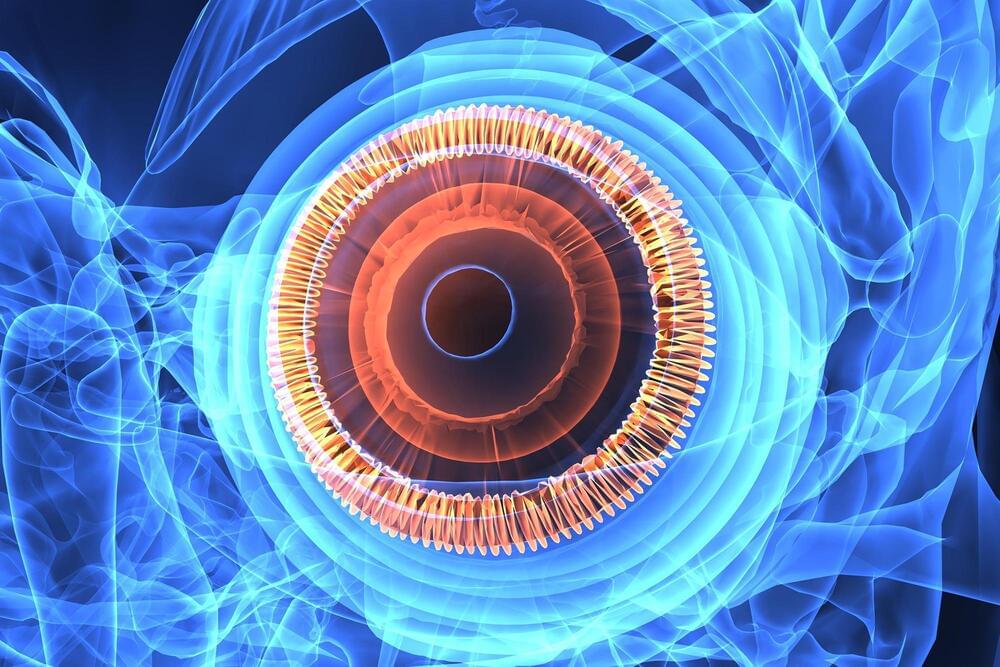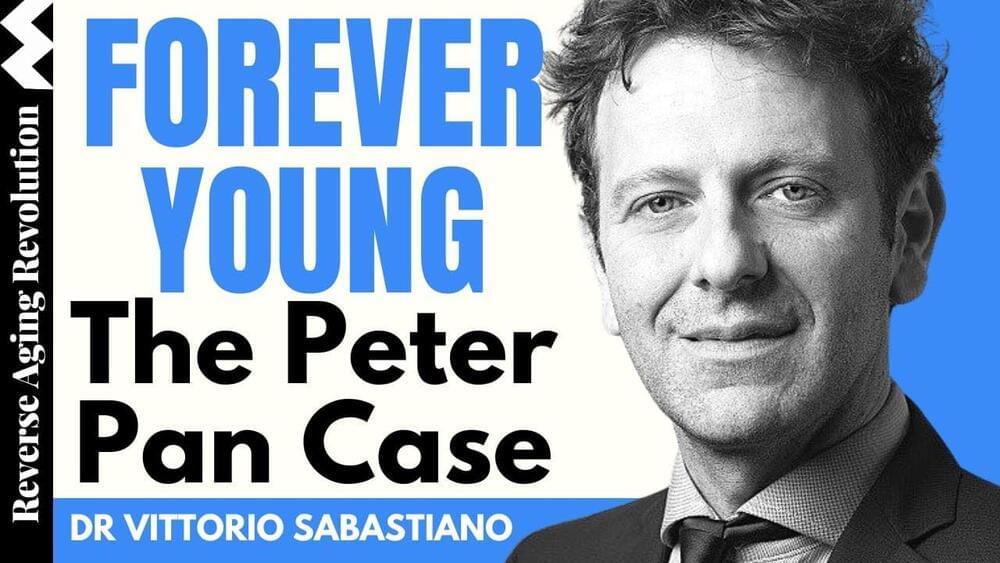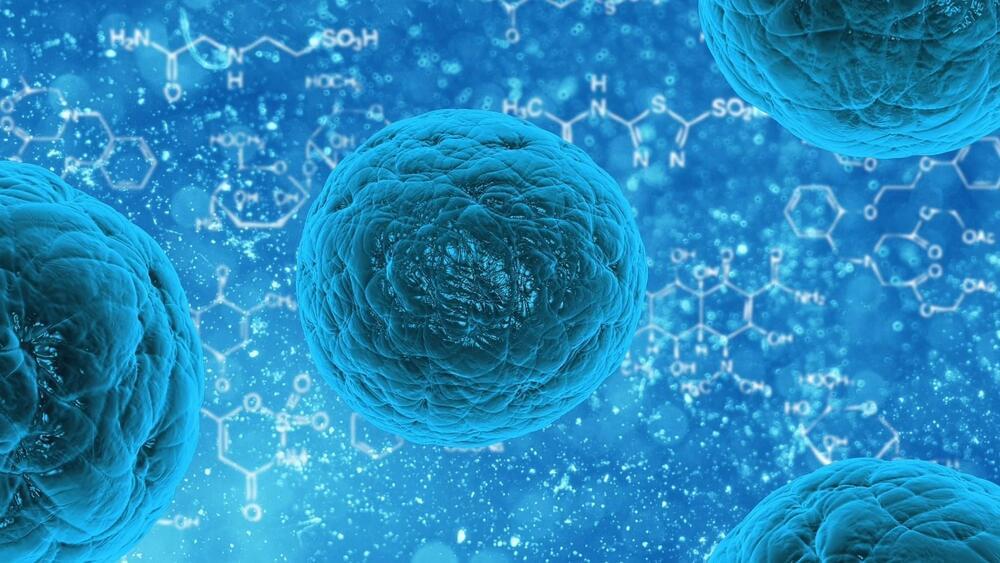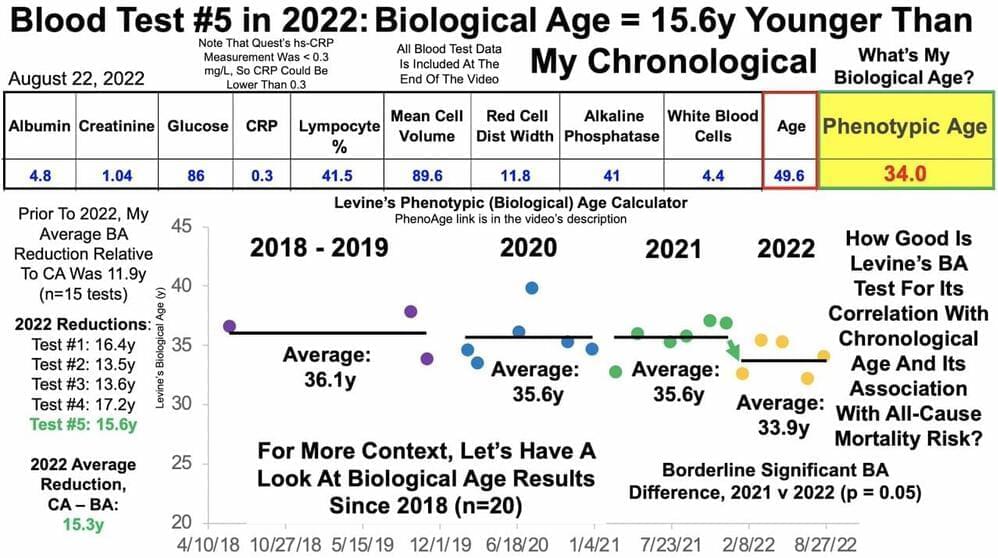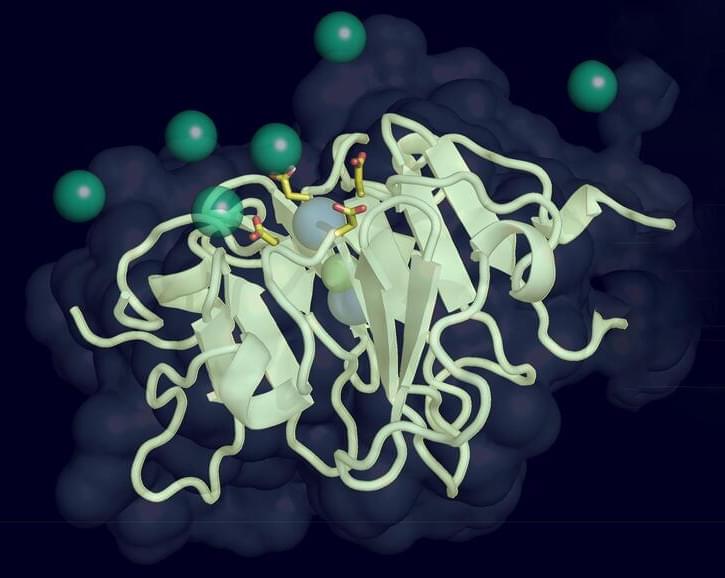
Research led by Sanford Burnham Prebys professor Francesca Marassi, Ph.D., is helping to reveal the molecular secrets of macular degeneration, which causes almost 90% of all age-related vision loss.
The study, published recently in the Biophysical Journal, describes the flexible structure of a key blood protein involved in macular degeneration and other age-related diseases, such as Alzheimer’s and atherosclerosis.
“Proteins in the blood are under constant and changing pressure because of the different ways blood flows throughout the body,” says Marassi. “For example, blood flows more slowly through small blood vessels in the eyes compared to larger arteries around the heart. Blood proteins need to be able to respond to these changes, and this study gives us fundamental truths about how they adapt to their environment, which is critical to targeting those proteins for future treatments.”
